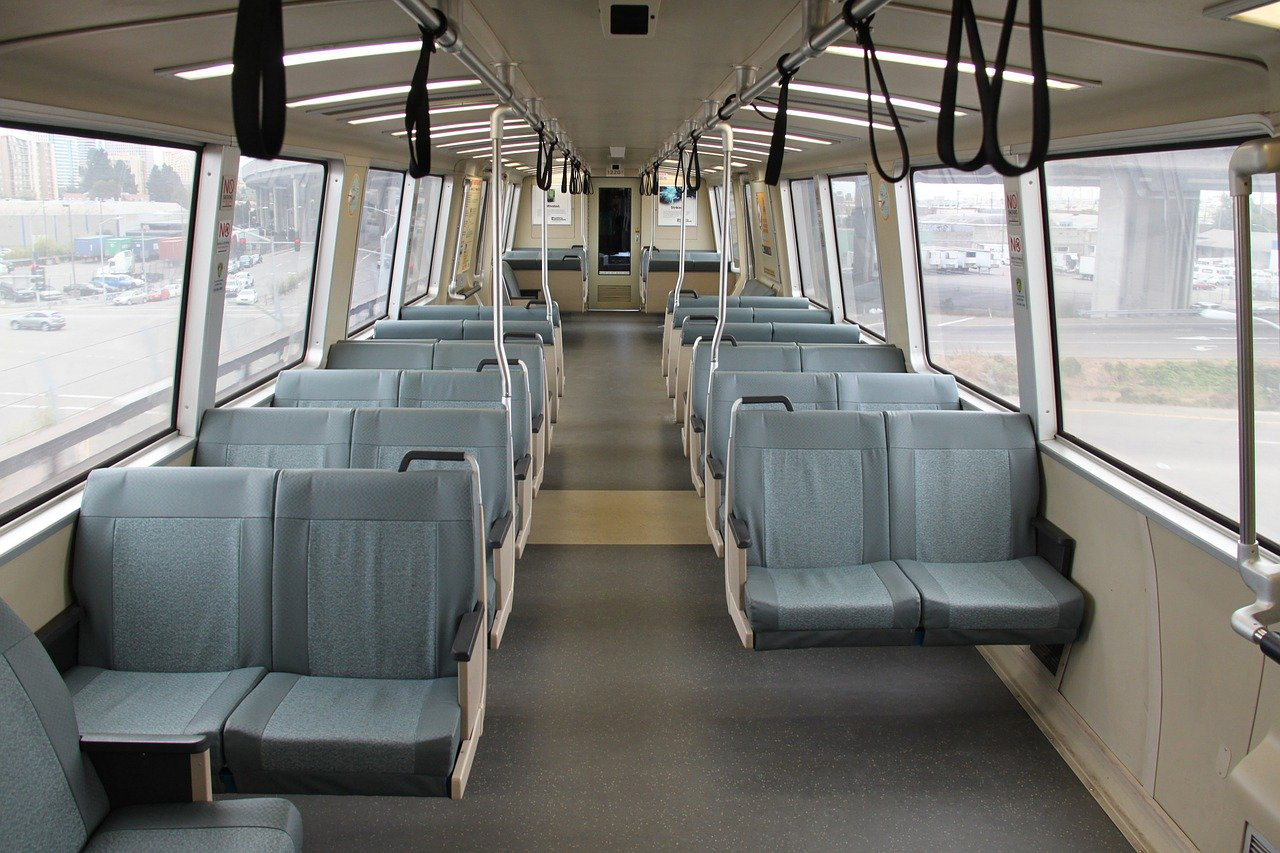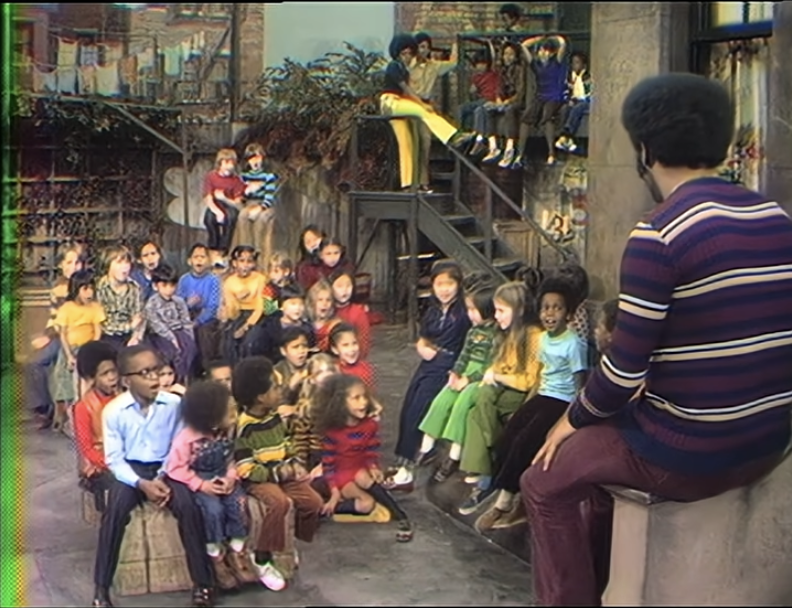Recently, Governor Newsom created an economic recovery council of over eighty leaders. The council's goal is to develop recommendations for an economic recovery plan that helps all Californians, especially those hit hardest by the pandemic.
Governor Newsom’s quick and decisive action on physical distancing means that California is faring much better than other states. This economic recovery council seems a natural next step to safely rebuilding California's economy.
But the council won't be successful if transportation is not represented on it.
COVID-19 has decimated transit ridership and revenues. Many transit agencies are making major cuts to their bus and rail service. Despite $3.75 billion in federal relief funds coming to California, it is clear that transit agencies will need additional funding in the near future. This will be needed to back-fill revenue lost from the devastating decline in sales tax revenue, as well as to prevent emergency service cuts, made in response to COVID-19, from becoming permanent cuts. Also, there's been a dramatic increase in people walking and bicycling as these modes have become a main source of transportation for many people who don’t have access to a car and don’t feel safe on transit.
We need to keep transit agencies solvent right now, and we need to make sure that people can safely walk and bicycle to essential services.
Why is this so important? Because essential workers who rely on transit to get to and from work need a dependable transit system, and they can’t afford cuts to their routes that cause them to miss work. These workers should not be forced to use unsafe systems because agencies lack funds and/or guidance to institute consistent safety measures for the public and for drivers. And despite the increase in people walking and bicycling, many cars are driving faster on near empty roads. And any cities still suffer from streets and roads which prioritize cars, with very little safe infrastructure to accommodate people on foot and bike – and take into the need for physical distancing.
Investing in public transit operations and safe walking and bicycling infrastructure is one of the first steps to recovery. Here are a few ideas that this council should consider in its efforts to develop an economic recovery plan.
First, transit agencies should have greater flexibility in state transportation funding programs. All legally allowable state transportation funds should temporarily be allowed to fund transit operating expenses associated with COVID-19. This will help transit agencies stave off the worst impacts of COVID-19, while continuing to provide transportation for essential workers who rely on transit.
Second, transit agencies should be able to use state transportation funds to provide personal protective equipment (PPE) and hazard pay for transit workers. Nearly 100 U.S. transit workers have died from COVID-19 due to a lack of basic protections. This is unacceptable. Transit agencies should have clear guidelines from the state on how to protect their workers, including how transit operators can protect themselves; how vehicles surfaces should be cleaned; and a COVID-19 health and safety plan.
Third, state transportation funding programs should prioritize funding for quick-build walking and bicycling projects that can help people safely get to where they need to go. This includes road closures to create more space for pedestrians to practice physical distancing and reallocating lane space for safe bicycling. These types of changes will protect pedestrians and bicyclists who are taking essential trips, including medical staff that need to get to work.
Perhaps most importantly, it will be critical to elevate and incorporate the Mobility Justice Responses to COVID-19 developed by the Untokening network into state transportation funding programs. As documented by Brookings, Blacks are dying at a higher rate from COVID-19 than other groups.
And this isn't new. Blacks, and people of color, continue to disproportionately bear the weight of pandemics like COVID-19 as well as natural disasters like Hurricane Katrina. If we want transportation to truly address the structural inequity and racism that allows Blacks to die from COVID-19 at higher rates, state transportation agencies will need to create spaces so equity-led networks like the Untokening can make sure these programs are helping--and not hurting--communities of color.
As the Governor's economic recovery council starts to develop their recommendations, transportation advocates, agencies, and experts must be a part of these conversations. Investing in these ideas are key to creating a transportation system that will help people get to work safely when the time is right.
Chanell Fletcher is the executive director of ClimatePlan, a coalition of more than fifty California nonprofits focused on planning for a sustainable, equitable future.






